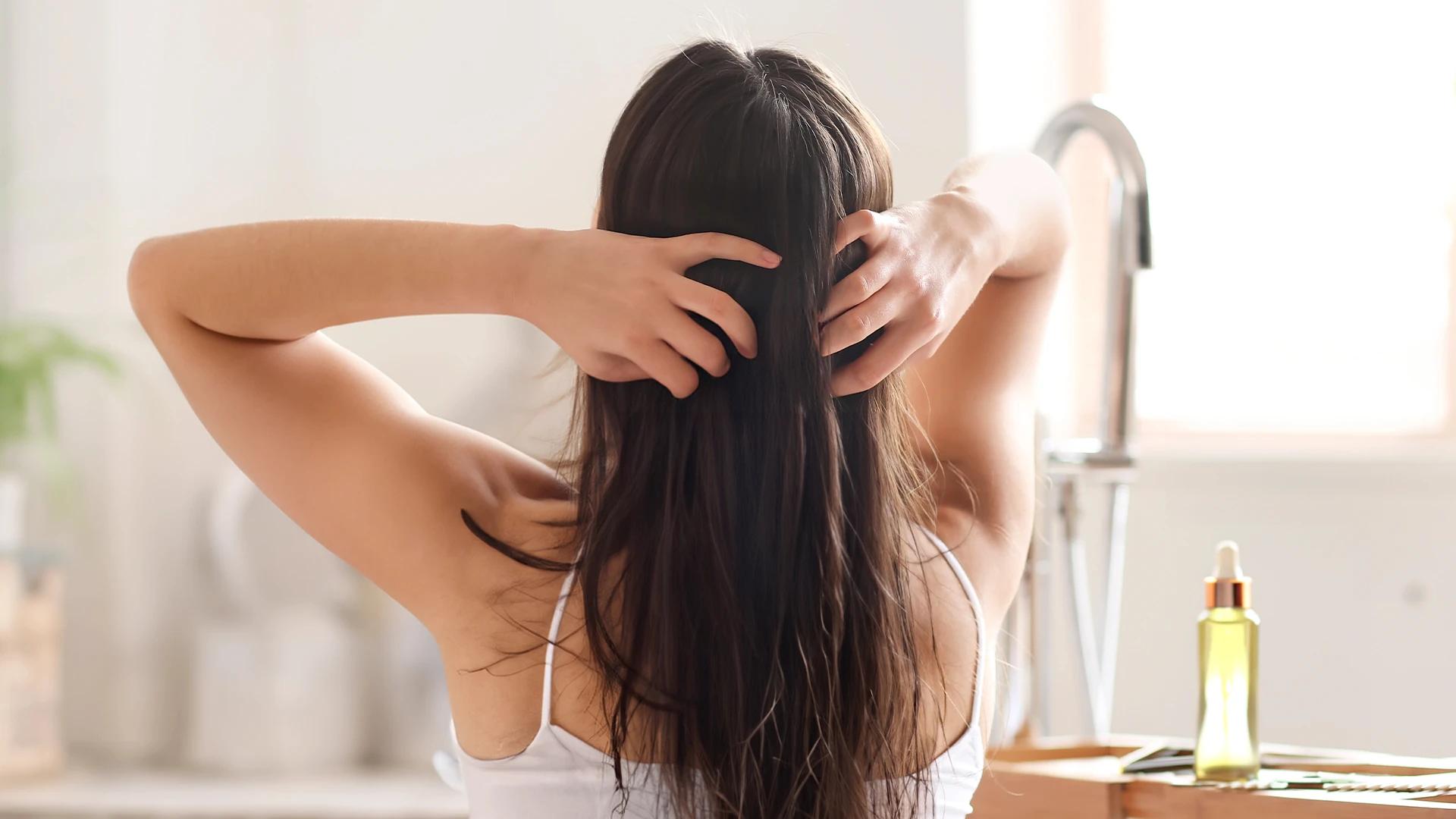Dry hair needs extra care when using lemon treatments. Always pair lemon with moisturising ingredients to prevent further dehydration.
**Gentle approach:** Use the lemon hair mask recipe with extra coconut oil. Apply only to mid-lengths and ends, avoiding your scalp. Follow up with a hydrating conditioner to maintain moisture balance.
Lemon Applications for Curly and Textured Hair
Curly hair often benefits from lemon's pH-balancing properties, which can help define curls and reduce frizz. However, textured hair is typically more fragile, so gentleness is key.
**Curl-friendly method:** Dilute lemon juice with twice as much water and add a tablespoon of aloe vera gel. This creates a gentler treatment that won't disrupt your curl pattern whilst still providing lemon's benefits.
Precautions and Best Practices
Before you go squeezing lemons all over your hair, let's talk safety. Lemon is generally safe for most people, but there are a few things to keep in mind.
**Always patch test first.** Apply a small amount of diluted lemon juice to a hidden area of skin and wait 24 hours to check for reactions.
**Key safety points:**
• Never apply lemon juice to broken or irritated scalp
• Avoid sun exposure immediately after lemon treatments (can cause photosensitivity)
• Don't use lemon treatments more than twice weekly
• Always rinse thoroughly—residual acid can cause dryness
• If you have colour-treated hair, test on a hidden strand first
**Signs to stop using:** If you experience itching, burning, excessive dryness, or any discomfort, discontinue use immediately.
Frequently Asked Questions
How long should I leave lemon juice on my hair?
For rinses, 2-3 minutes is plenty. For masks and treatments, 20-30 minutes maximum. Never leave pure lemon juice on your hair for hours—it can be too harsh and drying.
Can lemon damage my hair if used too often?
Yes, overuse can lead to dryness and brittleness. Stick to once or twice weekly maximum. If your hair feels dry or rough, reduce frequency or add more moisturising ingredients to your treatments.
Is it safe to use lemon on colour-treated hair?
Lemon can potentially fade artificial colour, especially lighter shades. Always do a strand test first and consider using more diluted versions. If you've recently coloured your hair, wait at least two weeks before trying lemon treatments.
How quickly can I expect to see results from lemon hair treatments?
For shine and cleanliness, you might notice results immediately. For issues like dandruff or oiliness, expect to see improvements after 2-3 weeks of consistent use. Hair lightening takes several sessions over months to show subtle changes.
Final Thoughts
Lemon truly is a haircare hero that's been hiding in plain sight. From creating the perfect pH balance for your scalp to giving you that enviable shine, this citrus wonder proves that sometimes the best solutions are the simplest ones. The key is consistency and listening to your hair's needs.
Whether you're trying the quick lemon rinse for instant shine or committing to the weekly hair mask routine, remember that good haircare is a journey, not a destination. Start with the gentler treatments and see how your hair responds before moving to stronger concentrations. Your locks will thank you for the natural love, and you'll love how fresh and vibrant your hair looks and feels.

 250 ml
250 ml 800 ml
800 ml 105 ml
105 ml 100 ml
100 ml